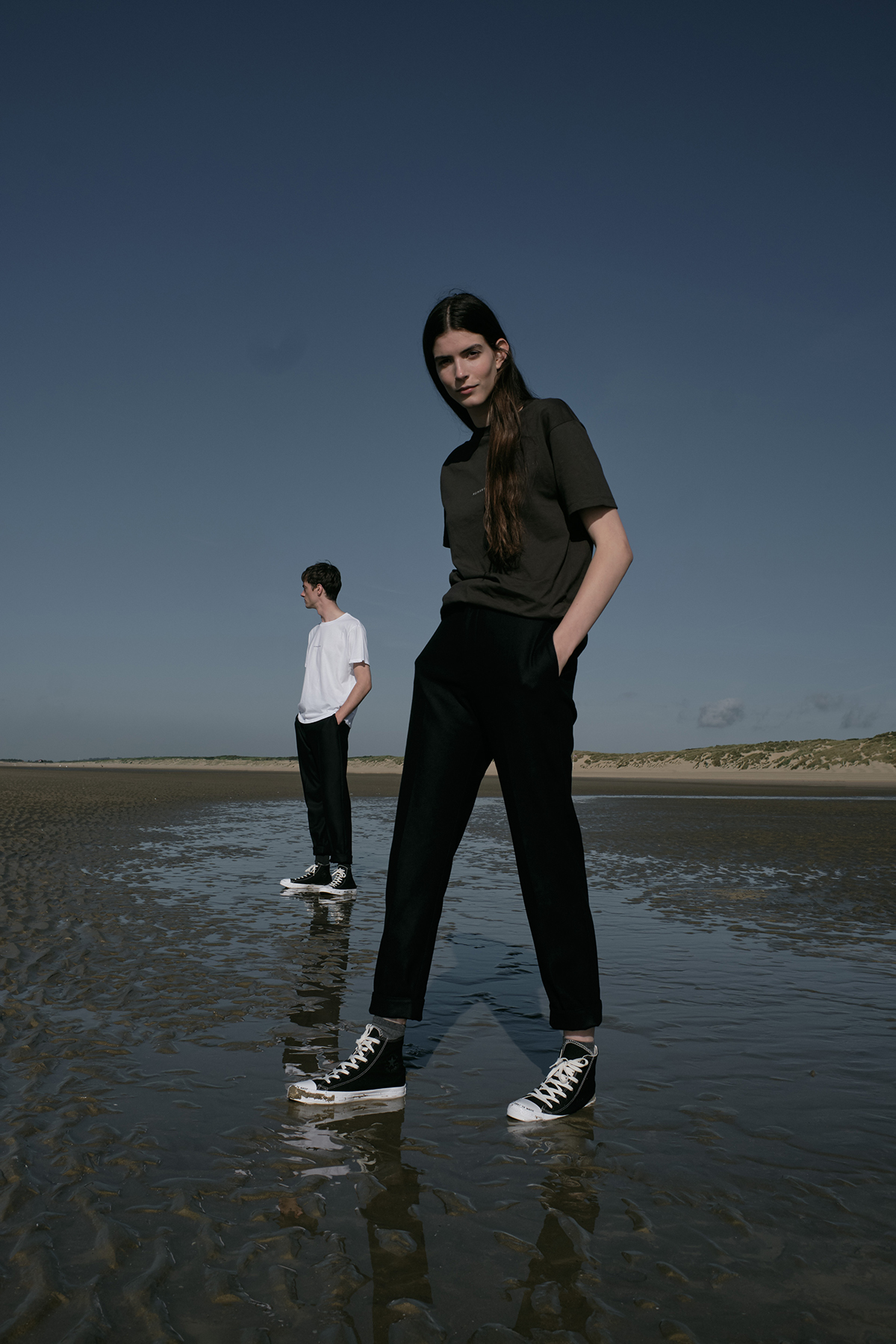
Looks from Collection 03 by Riley Studio
Sustainable luxury fashion brand Riley Studio creates elegant gender-neutral wardrobe staples using recycled waste materials and natural fibres. Following the recent launch of brand’s third collection, Rosie Ellison-Balaam speaks to the brand’s CEO Olivia Dowie about the importance of production transparency and the challenges of making eco-friendly clothing luxurious.

Olivia Dowie
1. How important is it for people to understand the production process of clothes?
Hugely important! We work hard to be radically transparent so that our community can understand the work that has gone into making each garment. We really believe in adding respect back into the clothing that we wear, and it is important to us that our community understands the production process and the many hands that have carefully crafted each product. From our yarn mills, our fabric mills, our factories to the Riley Studio team, we want to celebrate everyone. When you understand how a product is made and the complex supply chain involved, you understand why a sustainable and ethically made product costs what it does. We hope it also enables consumers to cherish their products for years to come.
Alongside this, the eco-innovation and research that goes into our materials is fascinating and we love sharing how each material is made and how sustainability is at the core of our business.
Follow LUX on Instagram: luxthemagazine
2. What are the difficulties in working with recycled materials?
An incredible amount of research goes into finding recycled materials that are both durable and versatile.
The problem at the moment is that in most cases there isn’t the technology to have 100% recycled fabrics, because they aren’t strong enough. For example, our t-shirt fabric uses recycled cotton, but it has to be mixed with organic cotton to strengthen it. We have our fingers crossed for some breakthroughs though! Recycled materials are definitely more expensive as well, but we’re committed to doing things the right way, not the easy way.
As a small brand, the other issue we find is with high minimum order quantities, ordering lots of fabric also goes against our ethos of producing in limited quantities to tackle overproduction.
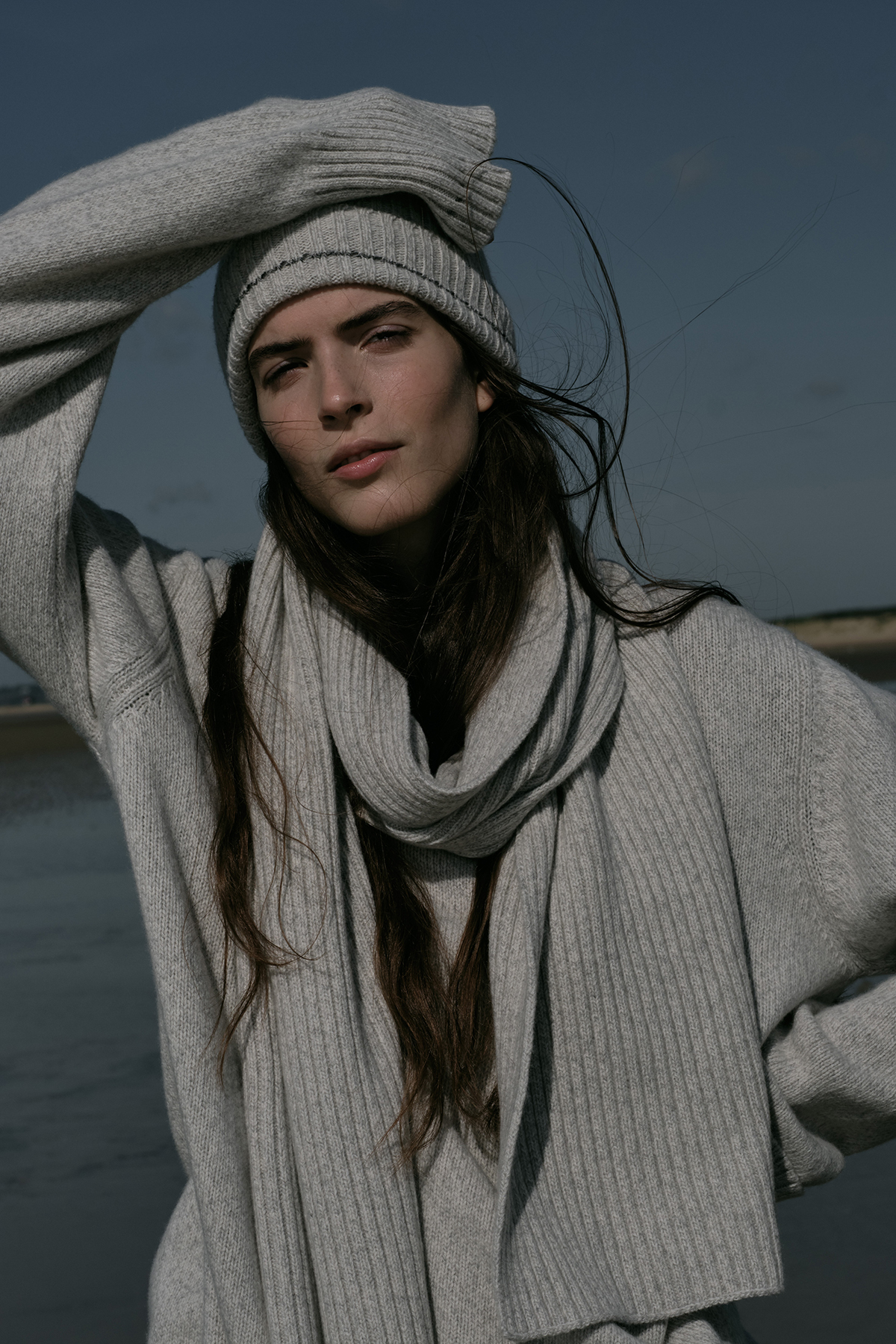
Look from Collection 03 by Riley Studio
3. How are you working towards a Butterfly Mark?
We have a series of policies in place to make sure that our sustainability standards are consistent across our supply chain. We will always stand by them and will never compromise. We recently got awarded the Eco-Age Brandmark in recognition of championing gender neutrality through unisex garments, promoting circularity through garment take-back schemes and education, upholding material traceability through extensive sustainability reporting and longstanding relationships with suppliers, and designing with recycled, regenerated and organic fibres.
We are continuously challenging ourselves and developing new processes so that we can create sustainable solutions at every stage of our journey, and we will look to apply for the Butterfly Mark in the near future.
4. How have you made recycling luxurious?
First and foremost, we are a fashion brand, aiming to bring elevated, timeless designs to consumers who are conscious about the state of the planet. We have strong values, so everything we make has to meet our design criteria and brand aesthetic, as well as being eco-innovative. We focus on creating gender-neutral wardrobe staples that are durable and versatile. With simple designs, we don’t follow trends, instead we focus on pieces that we hope will be cherished for years to come, designing for life, not just a season.
Our new collection features our first ever recycled cashmere, which is incredibly soft and made from textile waste. We worked with a small, family-owned factory in Scotland to develop our new beanie, scarf and sweater.
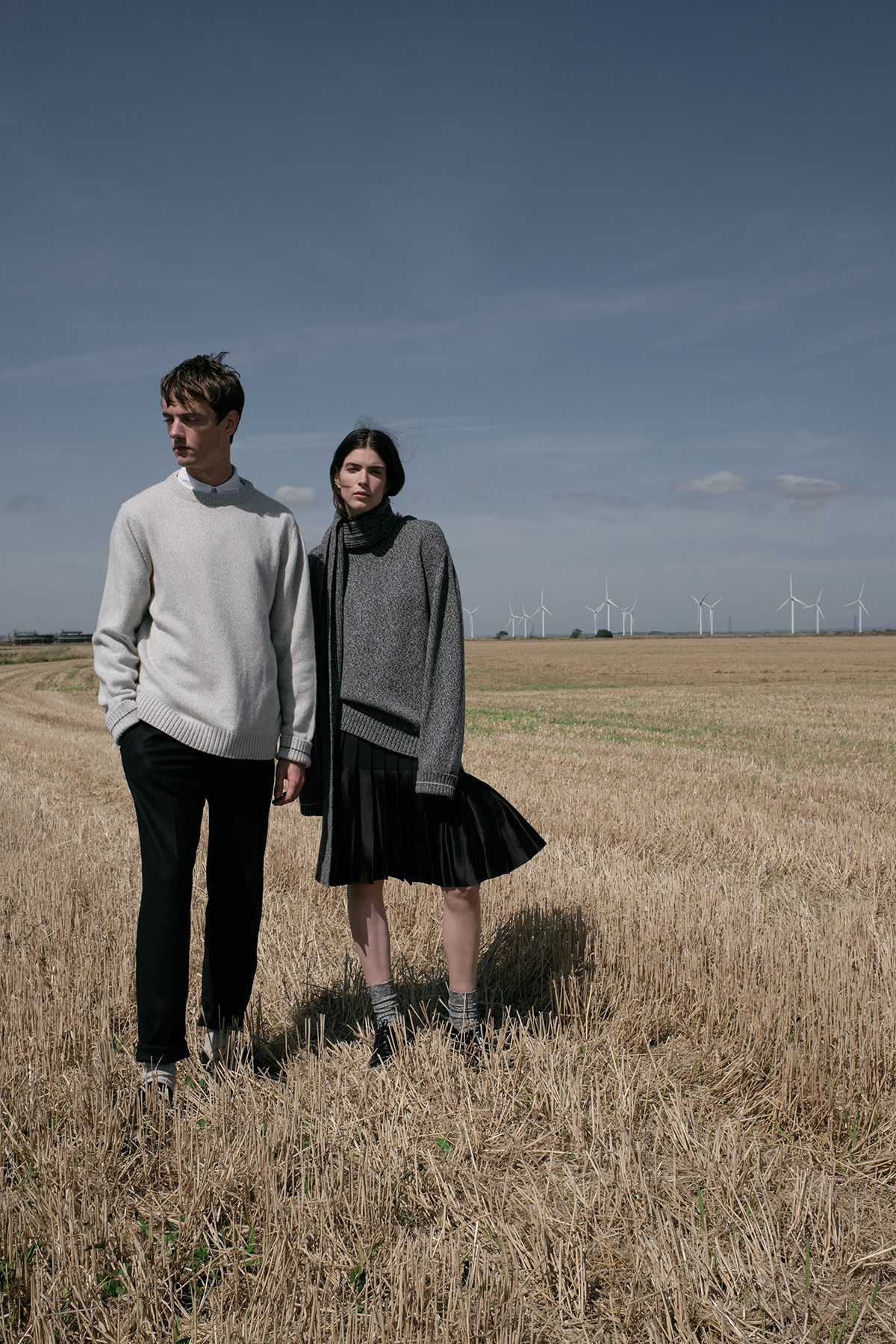
Looks from Collection 03 by Riley Studio
5. Can you talk us through the journey of a ‘Make Good’ t-shirt?
Our ‘Make Good’ t-shirt is created from recot²® made by Gebrüder Otto in Germany, which is a mix of 25% recycled cotton and 75% GOTS certified organic cotton. Adding recycled cotton to organic cotton mix improves the eco-balance of the fabric. The recycled cotton fibres come from textile waste including yarn discards and fabric scraps. By using recot²®, you can save 5000 litres of water per 1kg, which has helped us achieve a total saving of 2,075,129 litres of water across our products.
Lurdes Sampaio in Portugal then make it into a fabric, which is sent to Wonder Routine in Portugal where the t-shirts are made!
6. Favourite piece of Collection 03?
It has to be our Recycled Cashmere Sweater, which comes in Charcoal and Cloud. It is incredibly soft and a piece that represents the best in eco-innovation, craftsmanship and heritage.
View Riley Studio’s collections: riley.studio

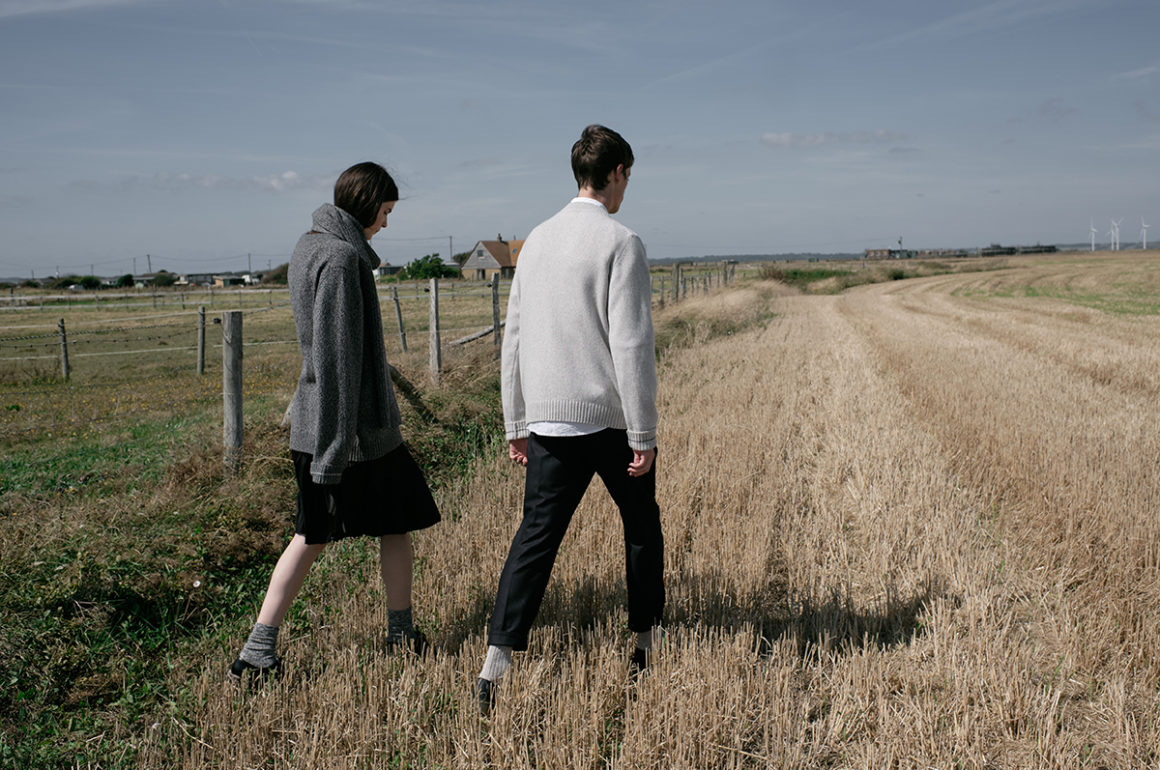
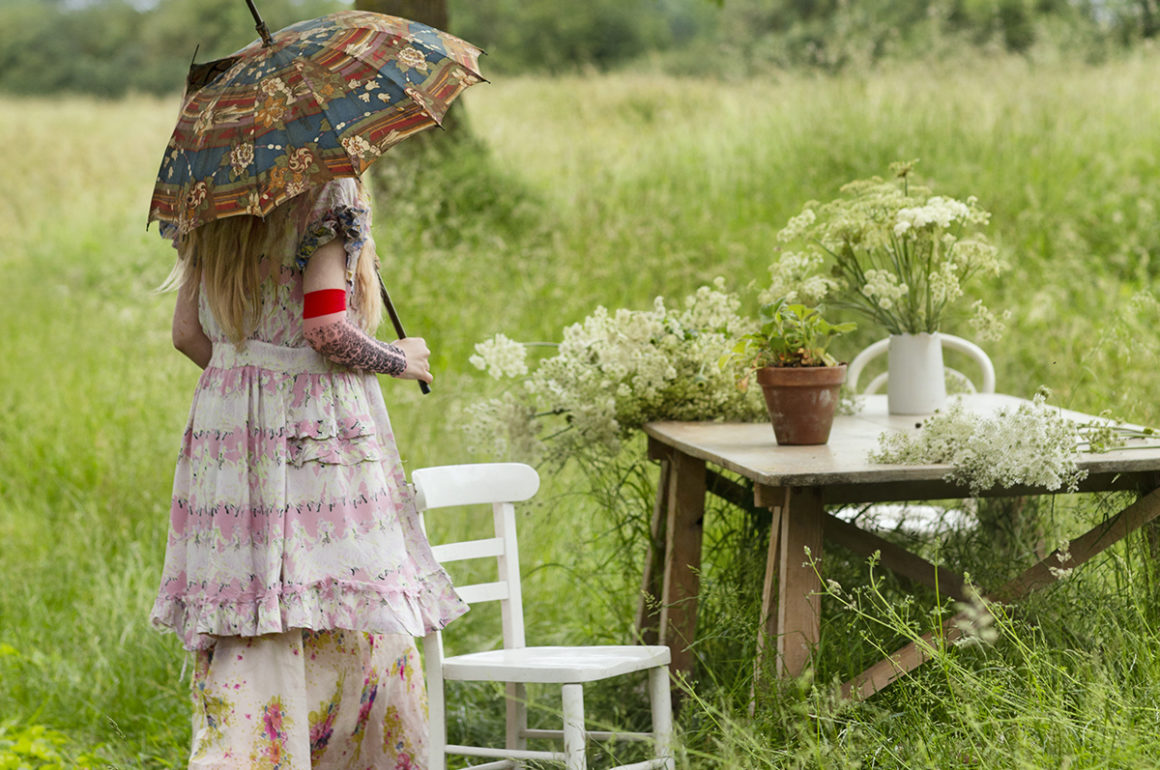
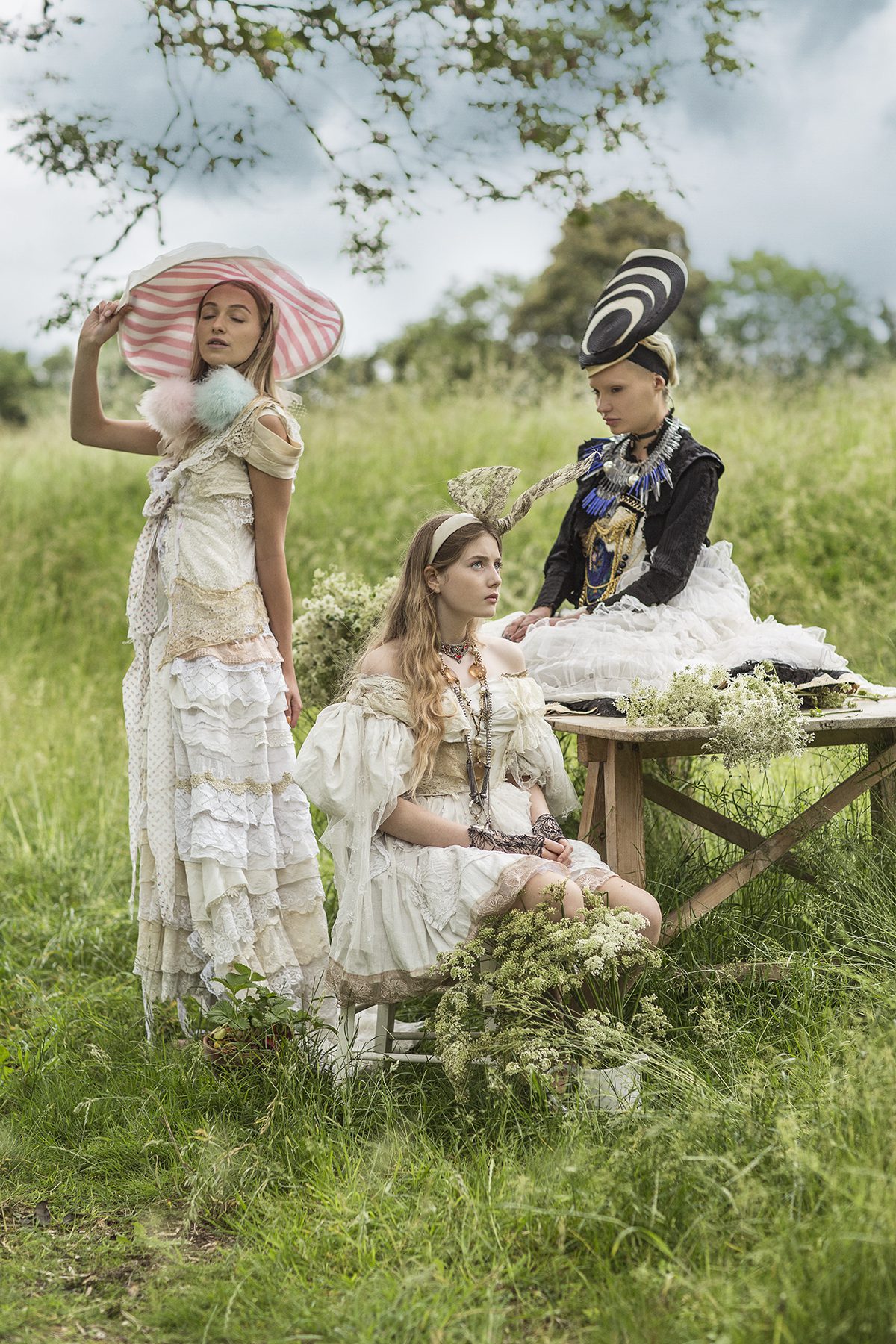
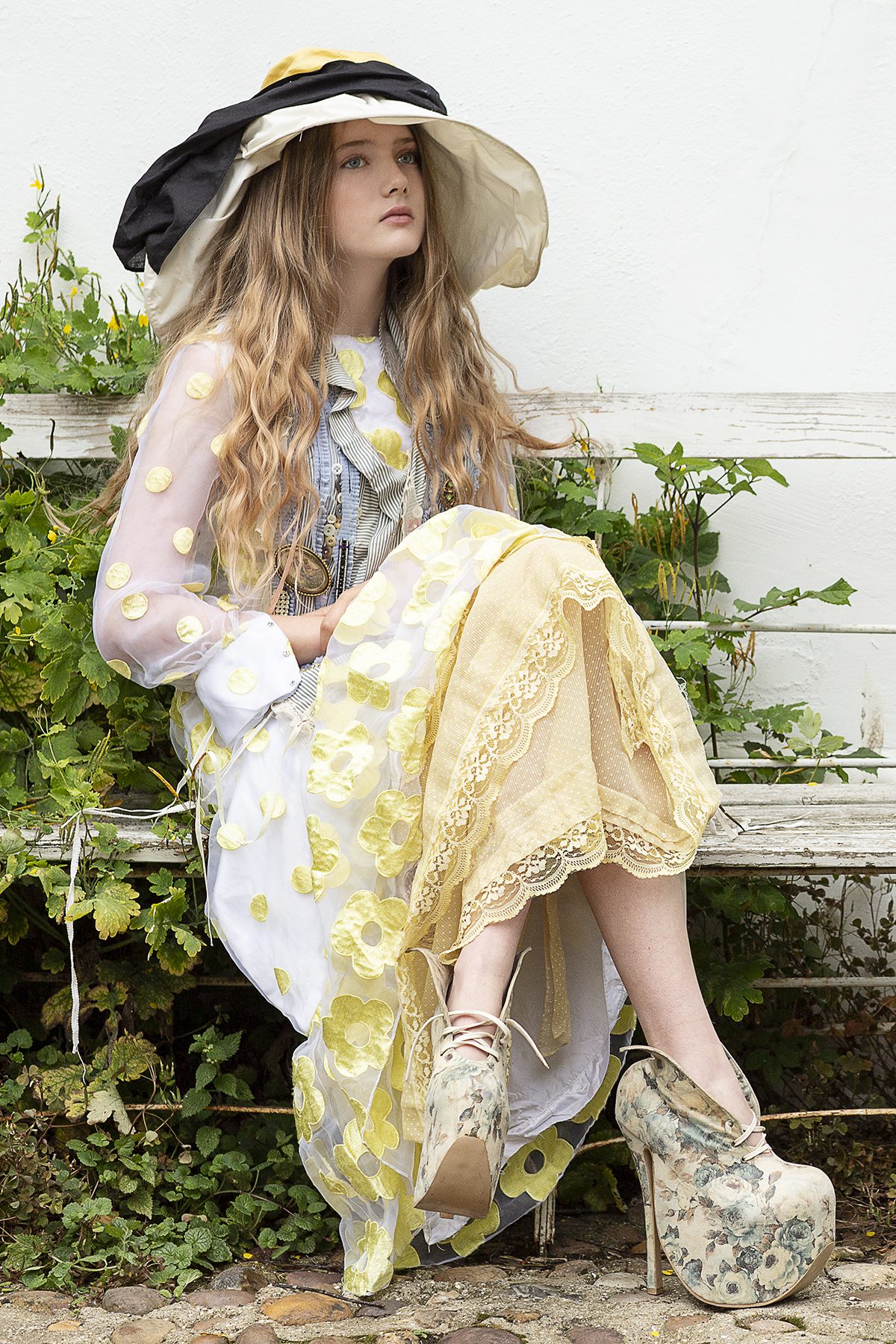
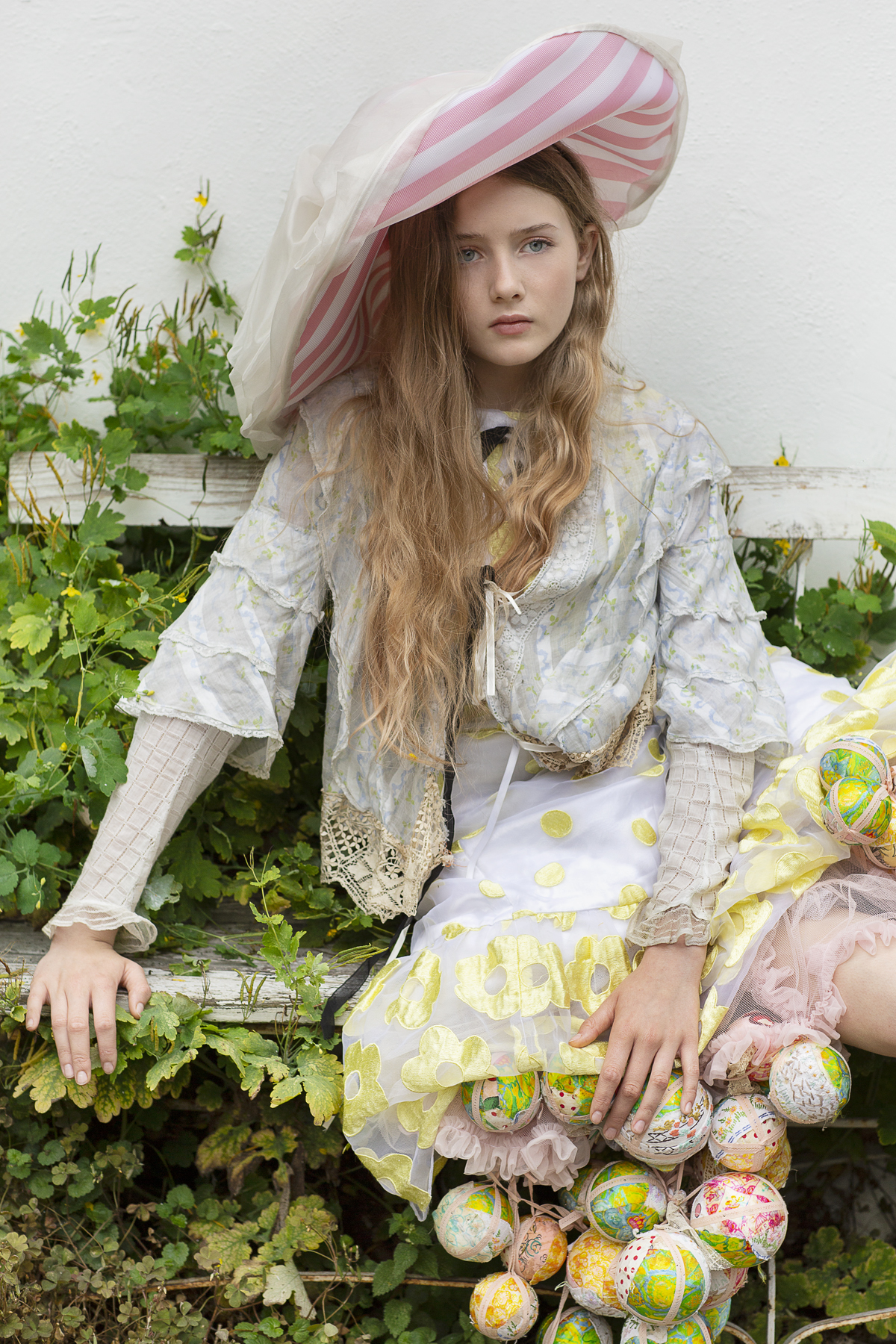
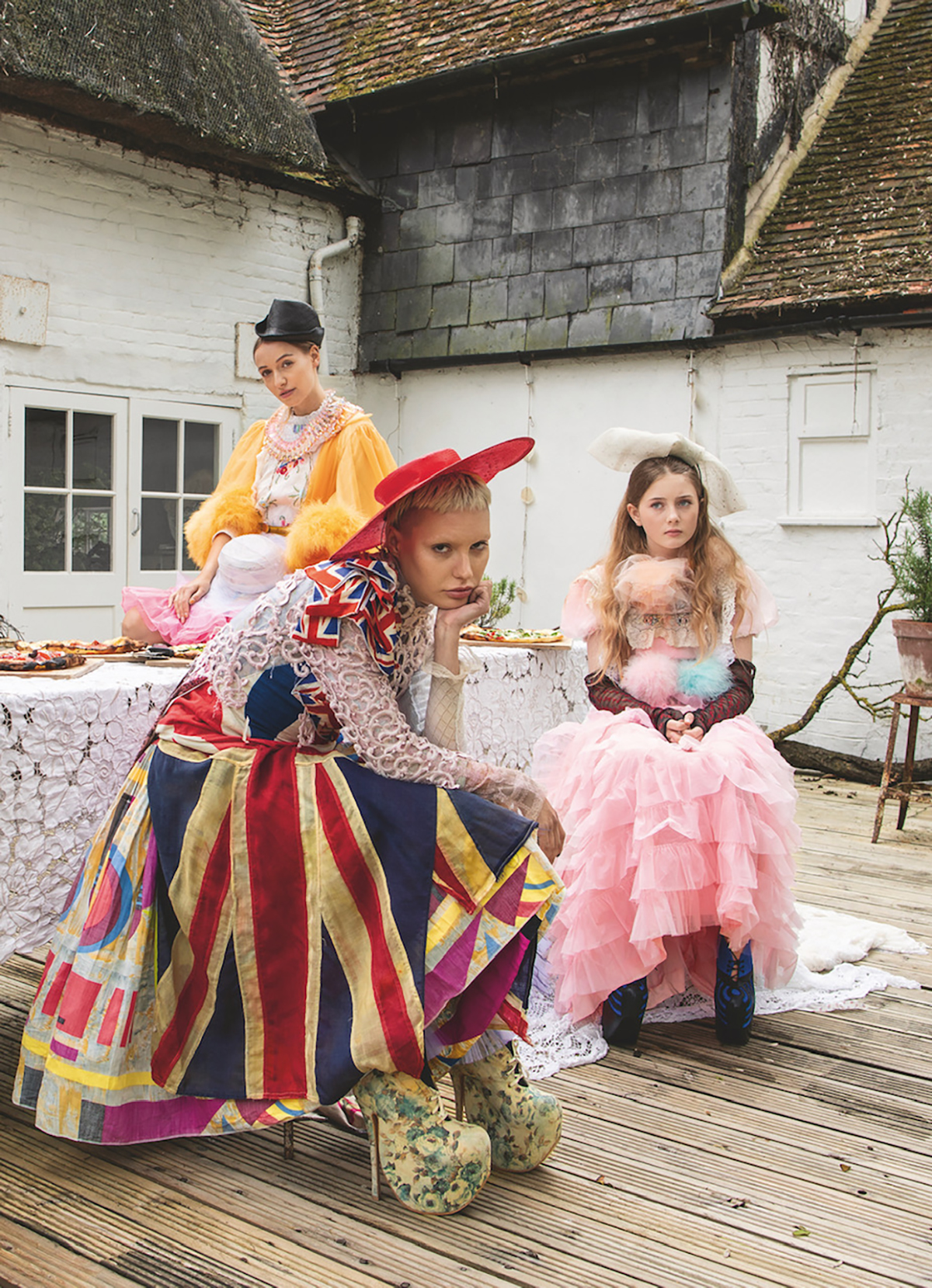
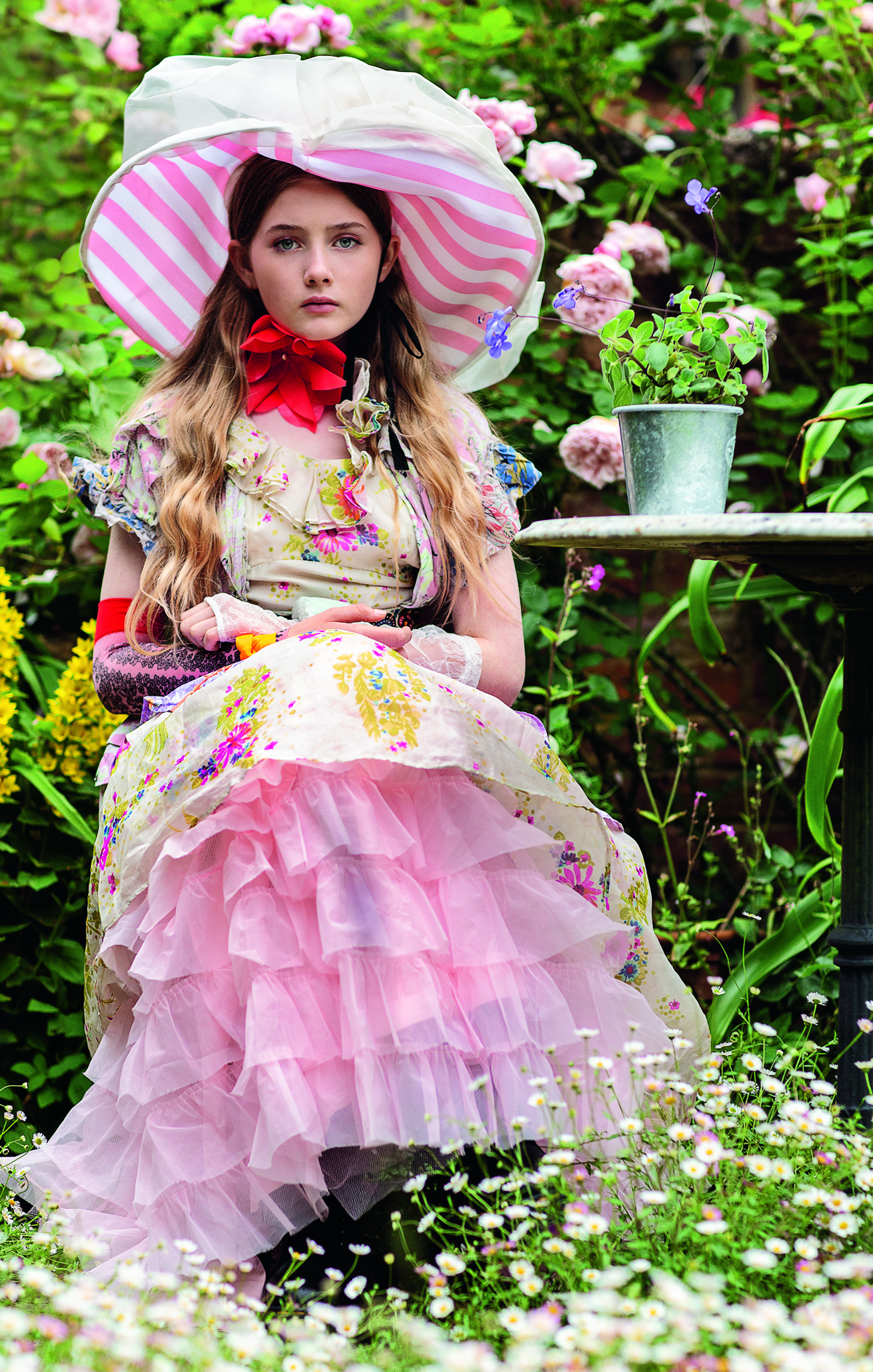
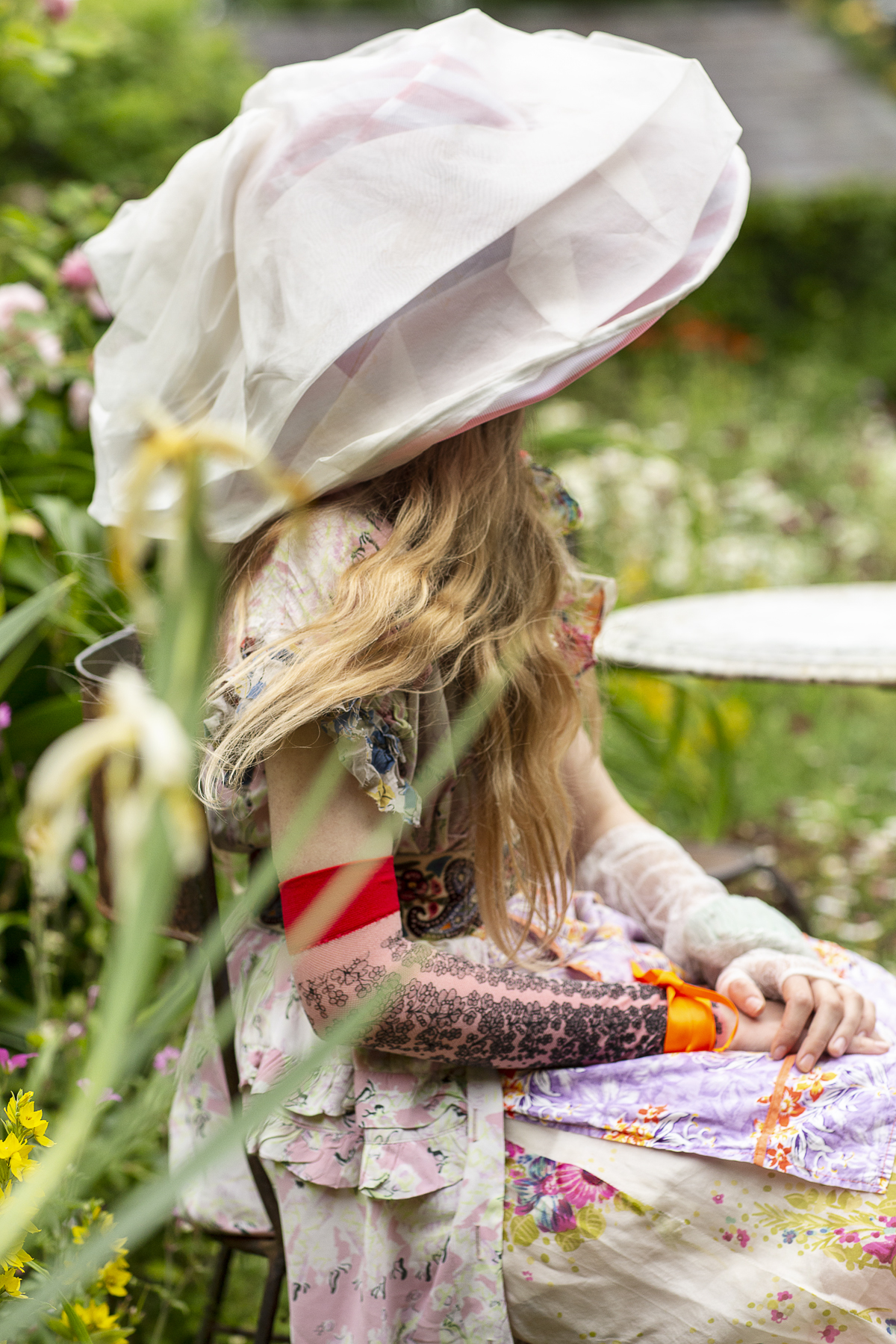
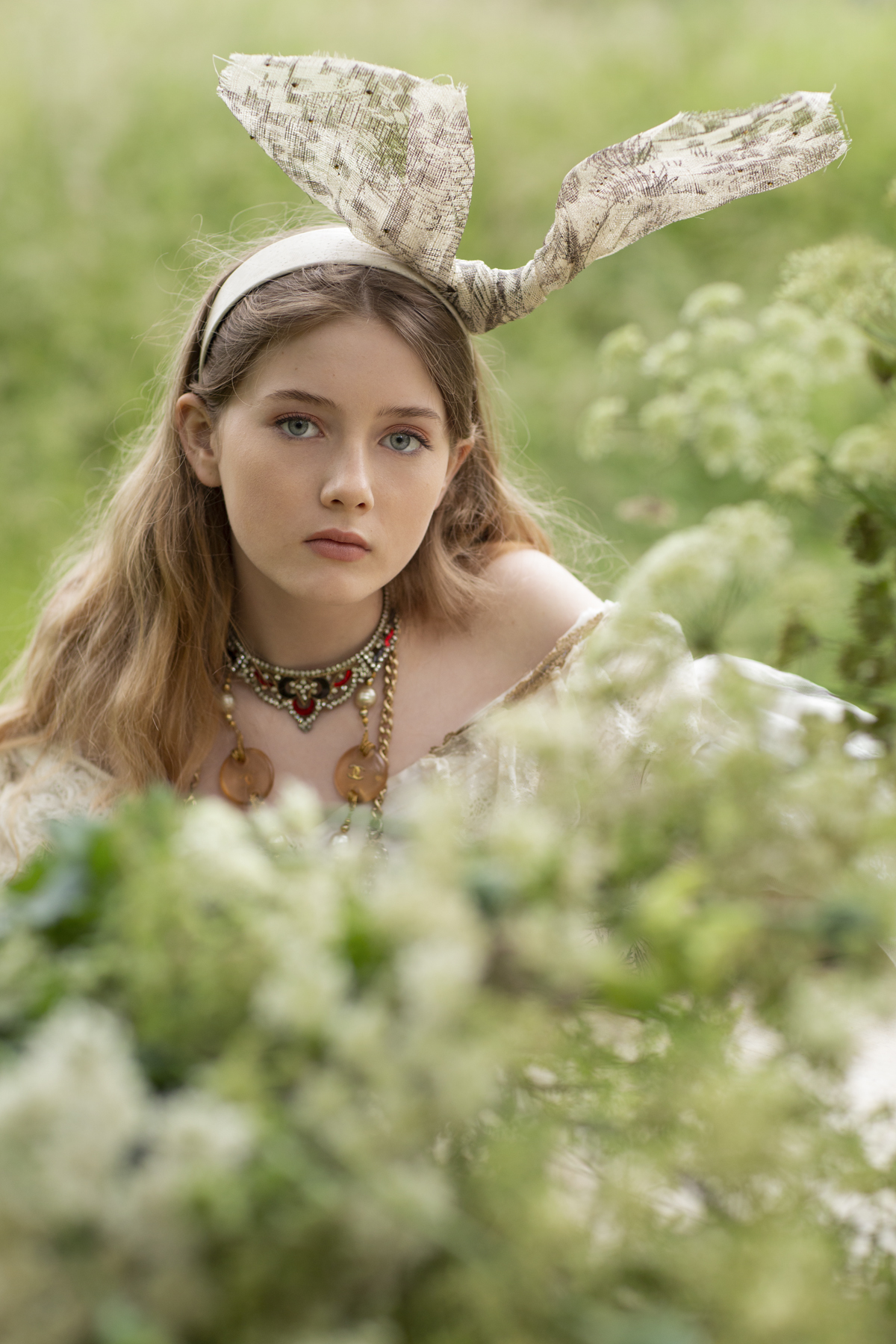
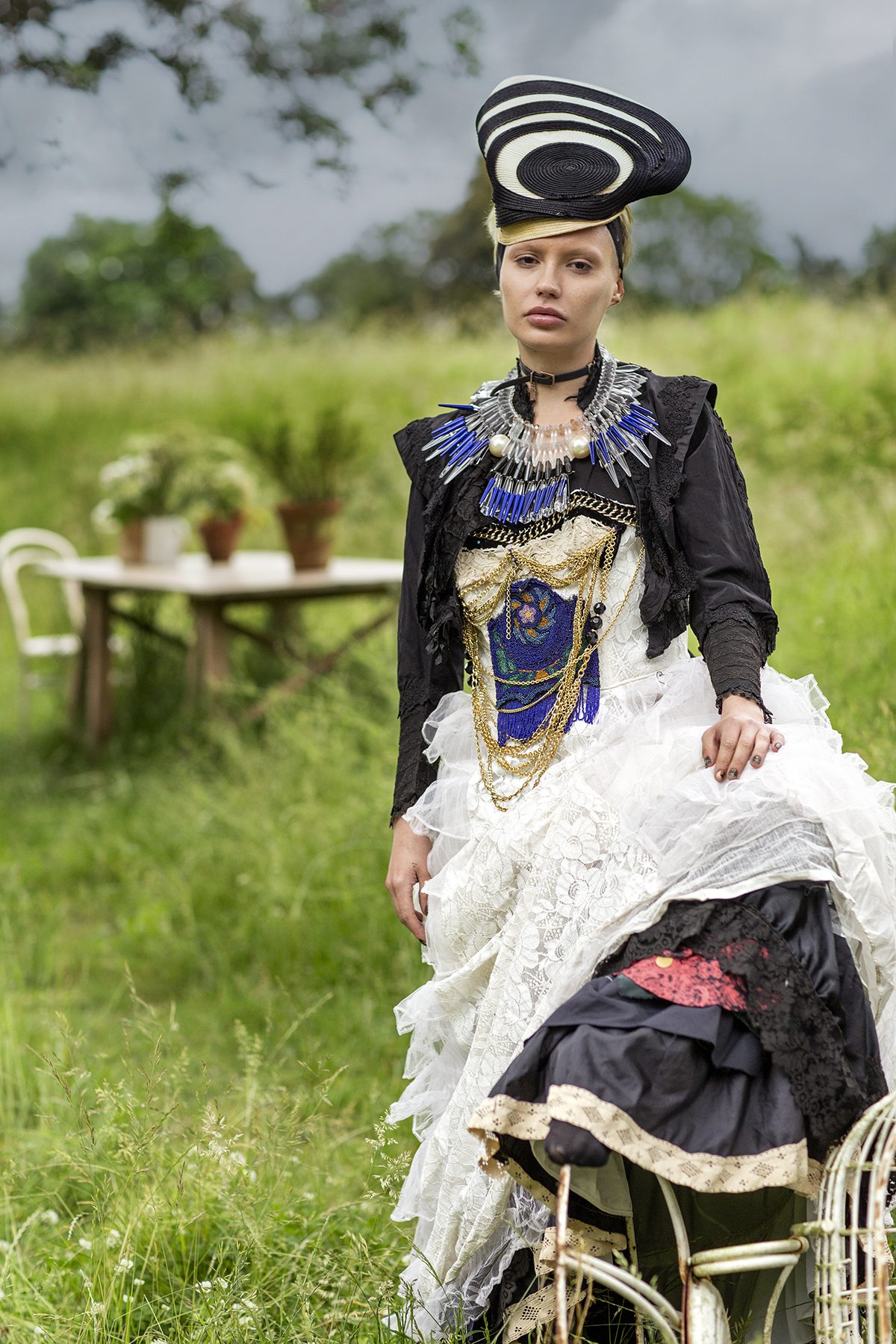
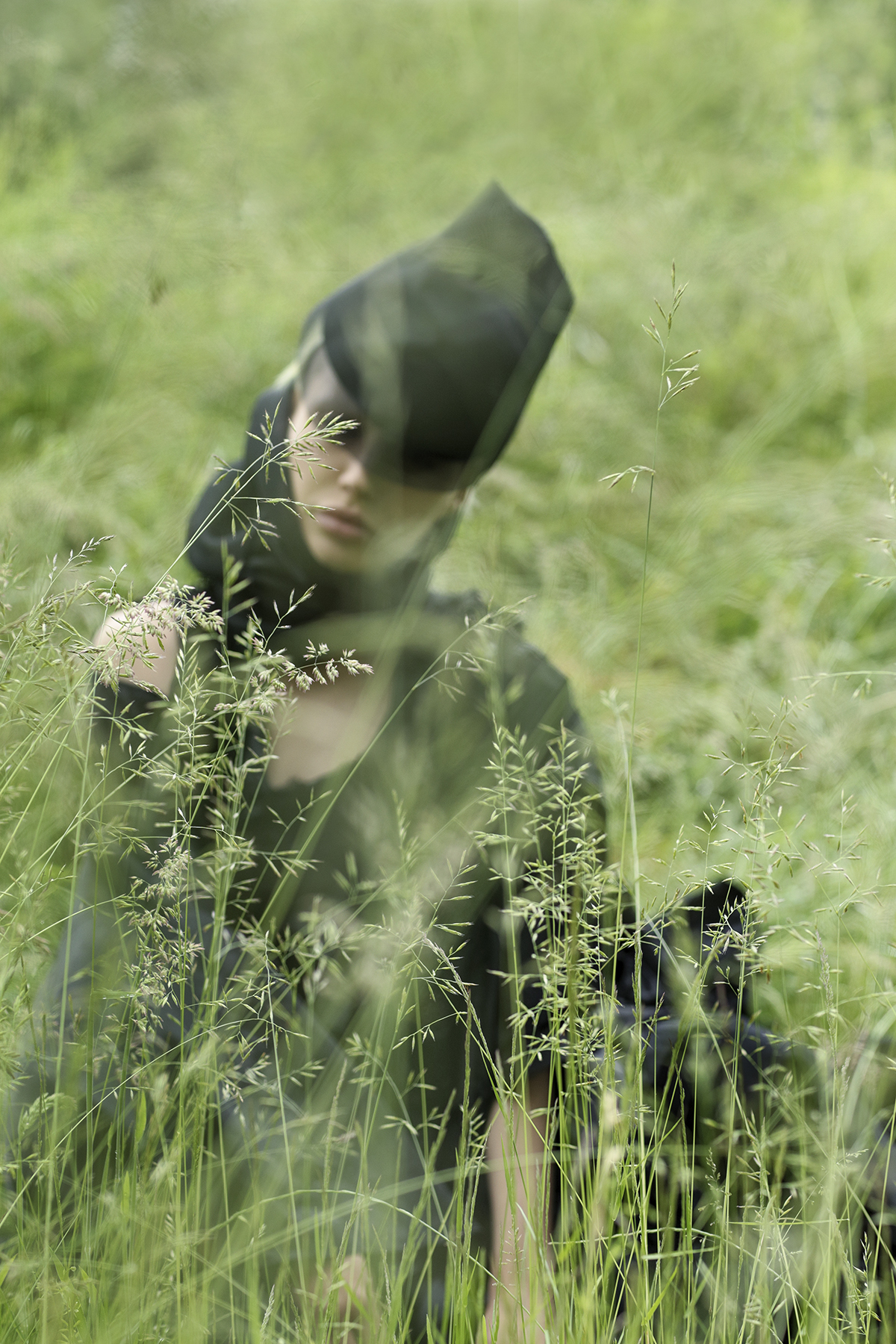
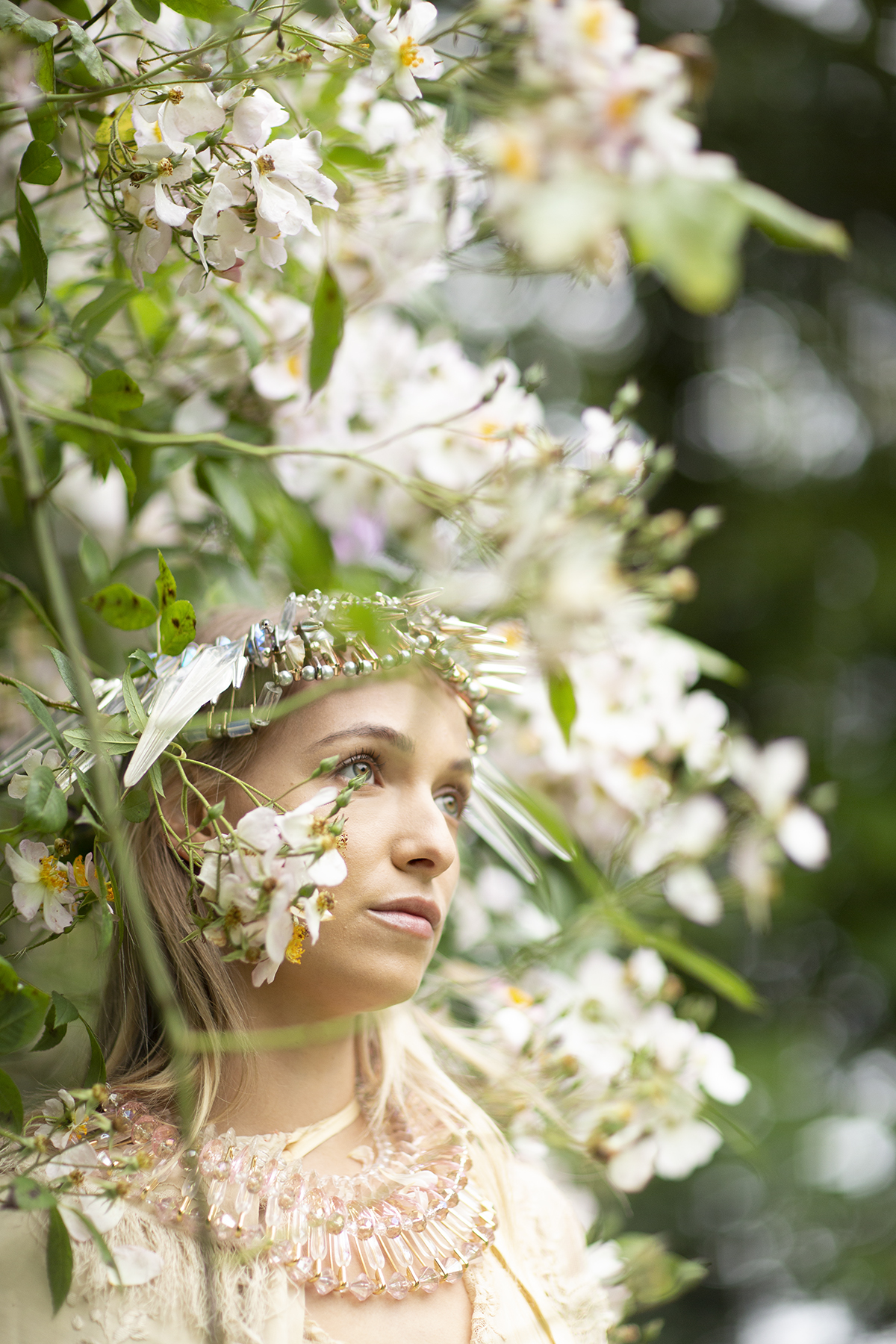
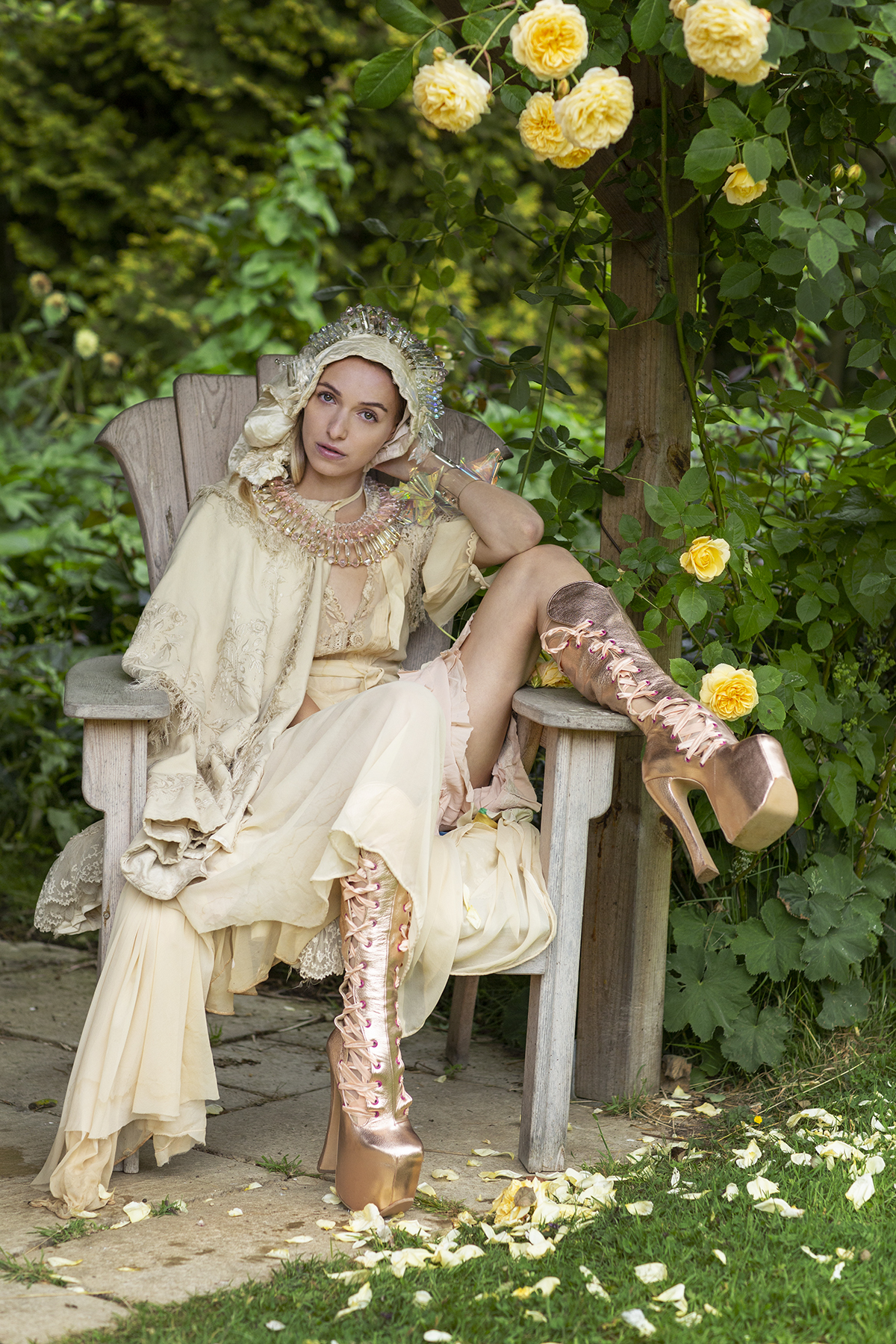
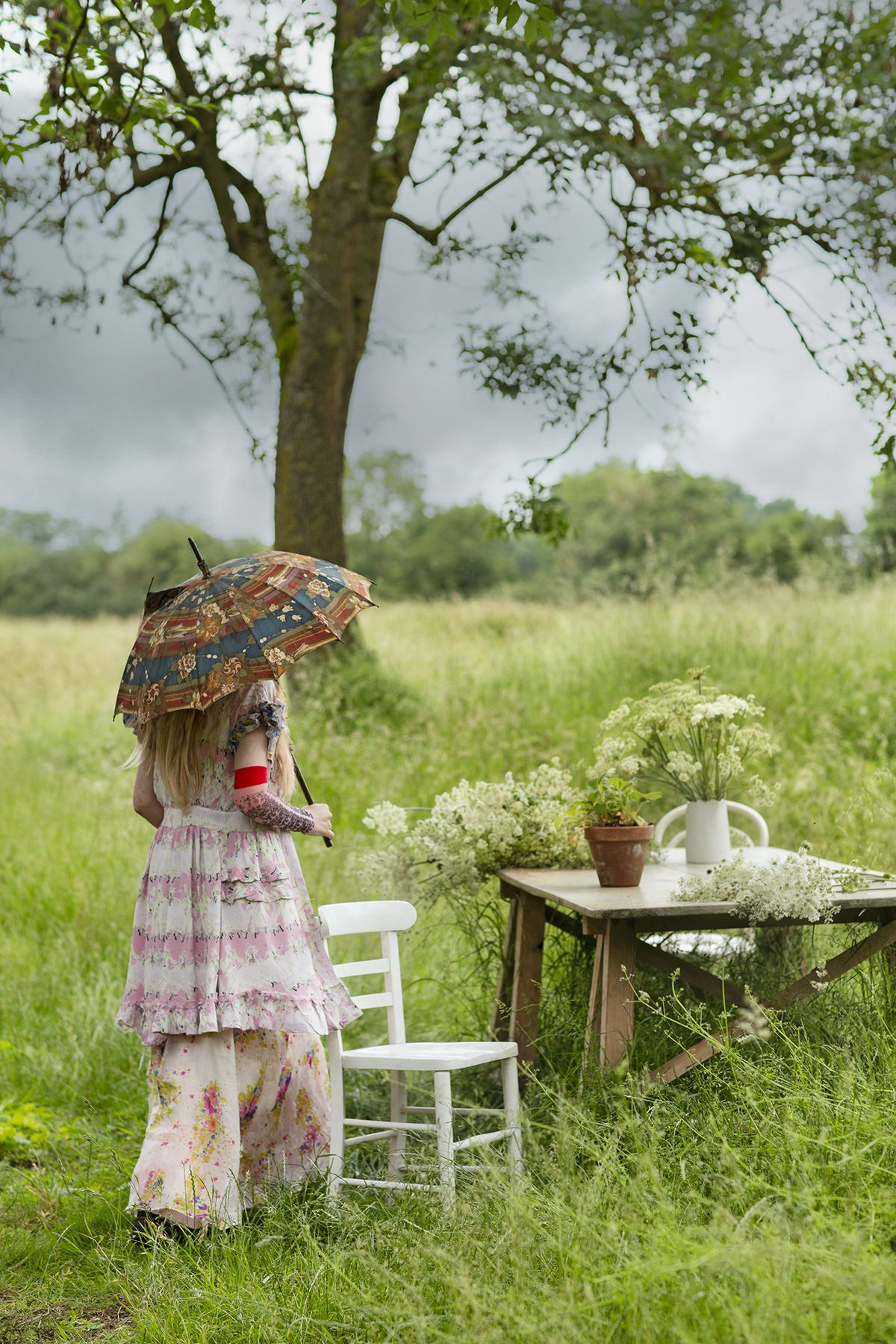




Recent Comments